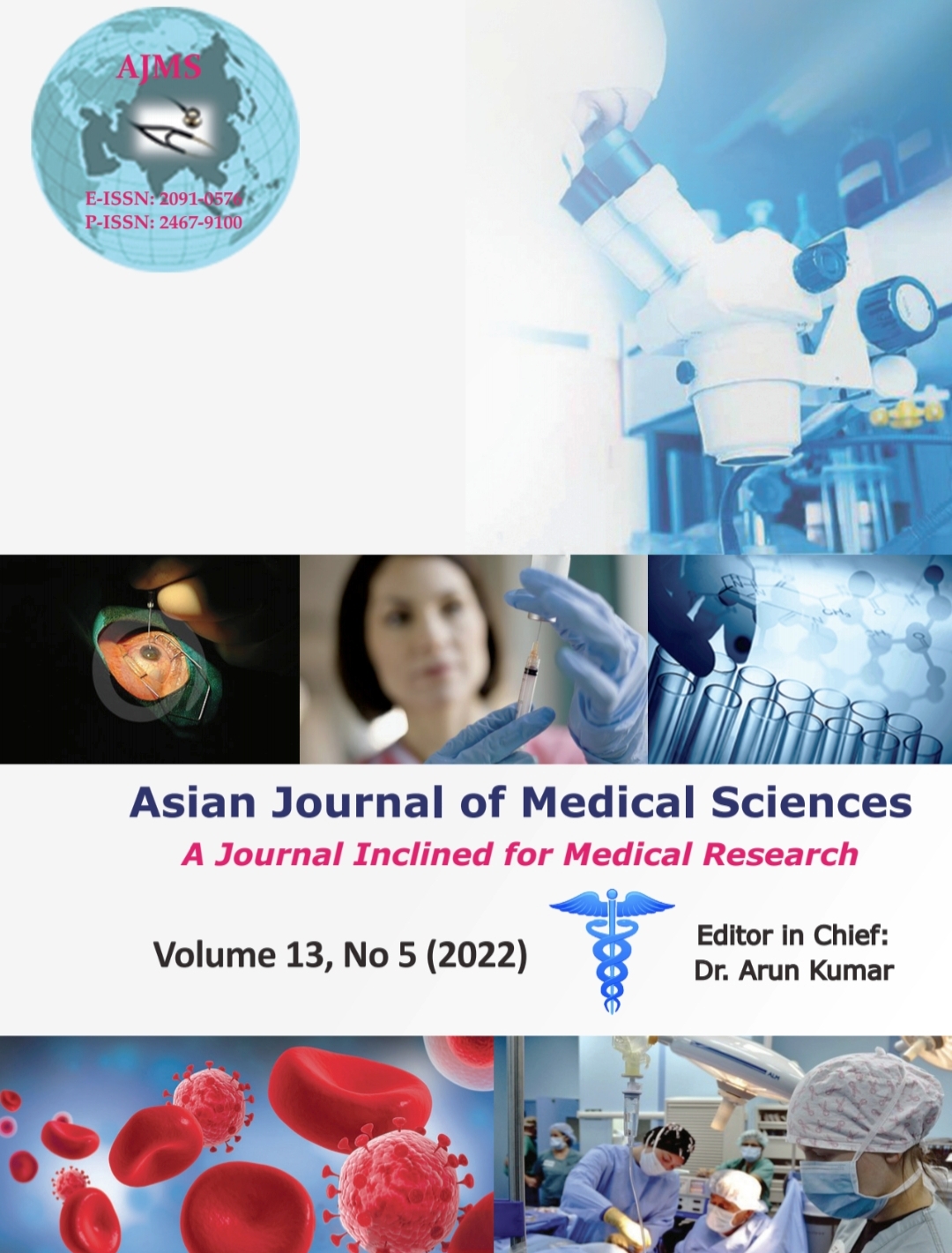Assessment of energy expenditure in postpartum women with prior gestational diabetes mellitus: Subjective versus objective methods
Keywords:
Activity diary, Energy expenditure, IPAQ, PedometerAbstract
Background: Regular physical activity (PA) attenuates the development of type 2 diabetes mellitus in postpartum women with prior gestational diabetes mellitus (GDM). PA is assessed by calculating the energy expenditure (EE), thus accurate estimation of EE is crucial. International PA Questionnaire (IPAQ) and activity diary are widely used subjective methods while pedometer provides objective evidence of PA and EE.
Aims and Objectives: This study aims to compare subjective and objective methods of assessing EE as a measure of PA in postpartum women with a history of GDM.
Materials and Methods: Fifty postpartum women who had a history of GDM were advised to maintain activity diaries and pedometer readings for 1 week each month up to 1 year and IPAQ was administered at the end of 6 and 12 months. EE was calculated by all three methods separately and Bland-Altman plots were used to assess the level of agreement between IPAQ and the other tools at 6 and 12 months. Friedman test was performed to compare estimated EE between the three methods.
Results: There was a poor agreement between the subjective and objective methods. According to Bland-Altman plot results, the highest mean difference was observed between IPAQ and pedometer at 12 months (mean difference was 75.9). This observation indicated an underestimation of pedometer values at 12 months. EE assessed by two subjective methods were statistically comparable at both time points whereas, EE assessed by pedometer was significantly lower (P<0.017) compared to self-reported tools.
Conclusion: Assessment of EE by subjective methods which are based on personal judgment may cause overestimation of PA. In contrast, pedometer readings are likely to underestimate the PA as it only reports kinetics activities. Therefore, a combination of subjective and objective methods is recommended to ameliorate the reliability and validity.
Downloads
Downloads
Published
How to Cite
Issue
Section
License
Copyright (c) 2022 Asian Journal of Medical Sciences

This work is licensed under a Creative Commons Attribution-NonCommercial 4.0 International License.
Authors who publish with this journal agree to the following terms:
- The journal holds copyright and publishes the work under a Creative Commons CC-BY-NC license that permits use, distribution and reprduction in any medium, provided the original work is properly cited and is not used for commercial purposes. The journal should be recognised as the original publisher of this work.
- Authors are able to enter into separate, additional contractual arrangements for the non-exclusive distribution of the journal's published version of the work (e.g., post it to an institutional repository or publish it in a book), with an acknowledgement of its initial publication in this journal.
- Authors are permitted and encouraged to post their work online (e.g., in institutional repositories or on their website) prior to and during the submission process, as it can lead to productive exchanges, as well as earlier and greater citation of published work (See The Effect of Open Access).




